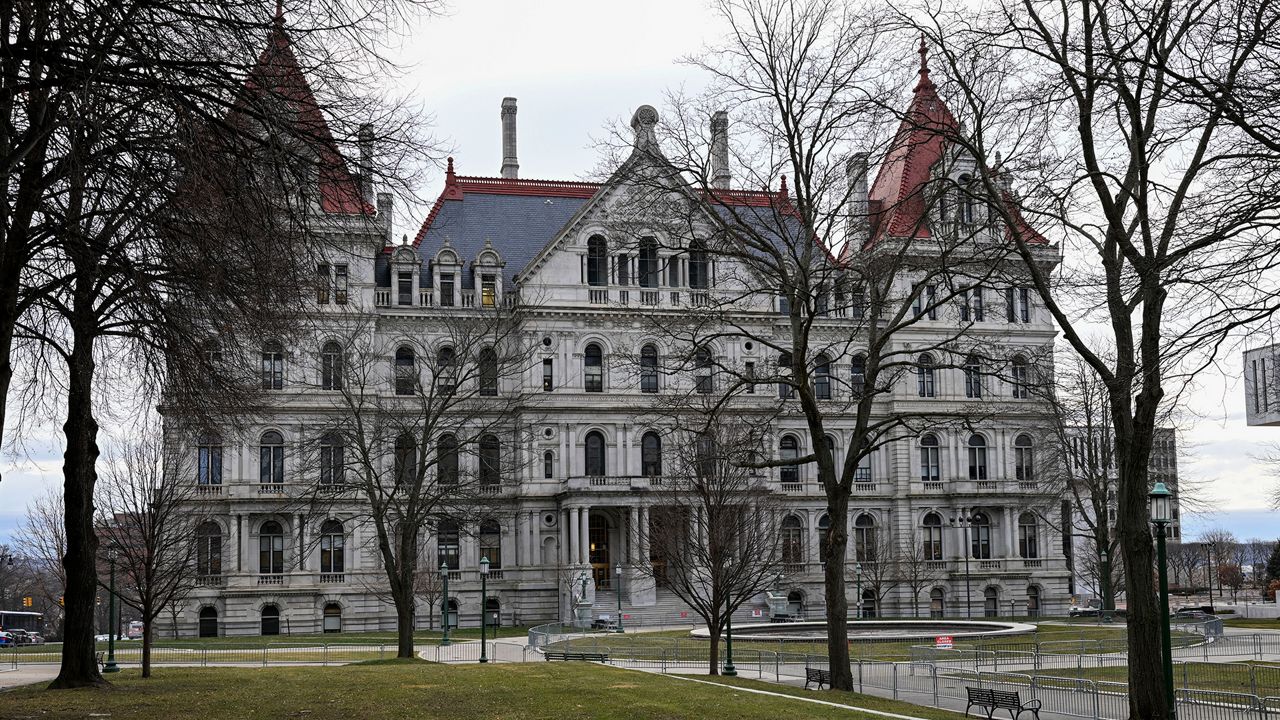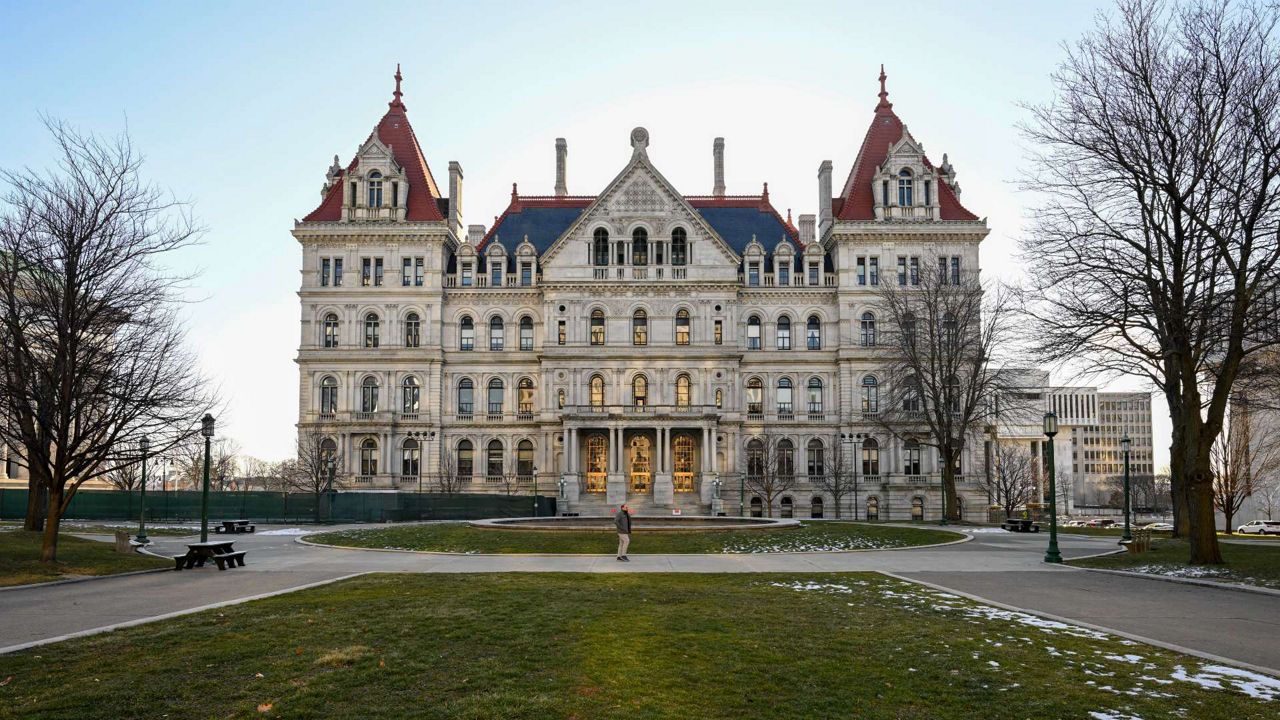A victory for several upstate counties, including Oneida.
In May, Oneida and several other upstate New York counties put in place states of emergency that prohibit hotels and shelters from accepting migrants from New York City.
In turn, New York City, sued 31 upstate counties, including Oneida.
But after a judge in New York City ruled that each case would have to be litigated in the individual upstate counties, the city quietly dropped many of those lawsuits.
While Oneida County hasn’t accepted any migrants from New York City, County Executive Anthony Picente told Capital Tonight that he will keep the county’s state of emergency in place.
“Even with the lawsuits being dropped, we remain on that executive order and have renewed (it) numerous times since,” he said.
At first blush, this position appears to be in stark contrast with Oneida County’s — and in particular, the city of Utica’s — past position on refugees.

For years, Utica — the seat of Oneida County — has been known for its refugee resettlement success stories.
But County Executive Picente emphasizes that there are critical distinctions between refugee resettlement and the current flow of migrants from New York City to upstate counties.
“What makes it different is just the process,” he said. “And The Center will tell you there is a way in which to accept, whether that’s asylum seekers, or however they want to be characterized by the current administration. There are ways in which to do this (whereby) people can be treated properly and fairly and humanely in terms of their arriving in the United States in which services are provided to them, and this is not that.”
The “Center” Picente refers to was formerly known as The Mohawk Valley Resource Center for Refugees. The organization has helped individuals from over 35 countries resettle in Utica over the last 40 years.
In an emailed statement to Capital Tonight, The Center Executive Director Shelly Callahan underscored the economic benefits that Utica has seen from refugees.
“Refugee arrivals in Utica have stemmed decades long population decline and made possible the economic revitalization the city is currently experiencing. Houses, streets and entire neighborhoods have been revitalized by refugee communities,” Callahan said. “They have provided much needed workforce and continue to do so. Refugees invested in Utica when no one else would, they are a source of hope and inspiration, and have had an enormous positive economic impact these last four decades.”
While Callahan was not critical of Picente’s position on migrants, some Oneida County faith leaders have expressed their dissatisfaction with the county executive.
When asked to respond to their criticisms, Picente said, “I have spoken to those faith leaders about the situation and explained to them the situation and why I have taken the position I have. There are a couple of things at play here, and that’s what I think gets lost in translation.”
Picente went on to explain that Oneida County’s current emergency case load is maxed out.
“We placed over 26,000 room nights through July of this year alone,” he said. “We are at capacity. The homeless problem doesn’t just exist in big cities like New York and in Rochester, Syracuse and Buffalo. They are here in Utica and Rome as well.”









